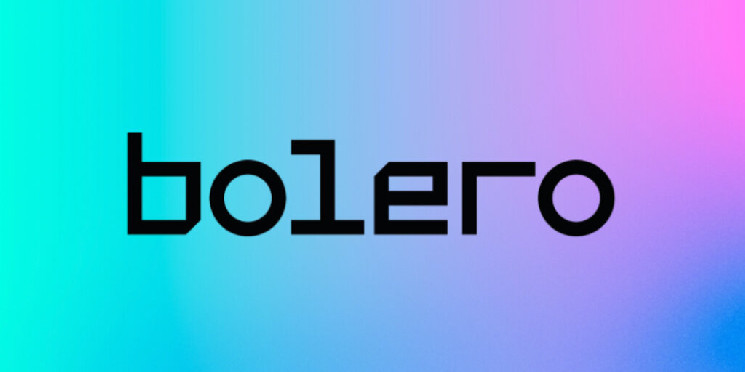Since rolling out its new “Song Share” for artists, Bolero’s founders think that they finally have proof that Web3 music has a real future.
The French start-up’s model offers fans micro-ownership over an artist’s music, allowing them to earn a percentage of any royalties the song generates.
The platinum track “Brothers,” released by French rapper Rilès in 2016, headlined this first rollout.
“We collected revenue from February 1st to April 30th from streaming, downloads, as well as views on his music video on YouTube and other video platforms,” William Bailey, Bolero’s CEO, told Decrypt. “This generated a return on investment of 9.2% over a year.”
Can Live Music NFTs Revive ‘Cassette Culture’ and Boost Indie Bands?
As Bailey explains, the experience confirmed the potential for investing in songs that have already been released, opening up new opportunities for artists’ catalogs.
Another significant artist involved in the “Song Shares” launch was Agoria, a French techno DJ and producer.
This presented a unique use case, as he composed a new song specifically for the event. Agoria distributed all the royalties to the collectors of his NFTs, leveraging his dual role as a digital artist.
“Agoria’s drop was a major turning point because it was the first 100% shared master recording,” Bailey said. “Out of the 2,500 shares created, 265 were sold in six hours, and the rest was claimed by collectors at 80%.”
Usually, the artists share between 5% and 15% of the song’s rights.
Bailey is now confident that this model is destined to flourish.
“Song shares are the key use case in music that can drive adoption, introduce a new tool in artists’ economic model, and cater to the average music consumer and the music fan,” he told Decrypt.
To date, over 30 artists, primarily from the hip hop and techno scenes, have already joined the venture. Now, it appears that there are ambitious plans in store for the future.
“We have significant announcements to make at the start of the school year, something substantial. But we can’t reveal anything for now. However, I’m convinced that it’s going to mark a pivotal moment and resonate far beyond Web3,” Bailey said.


